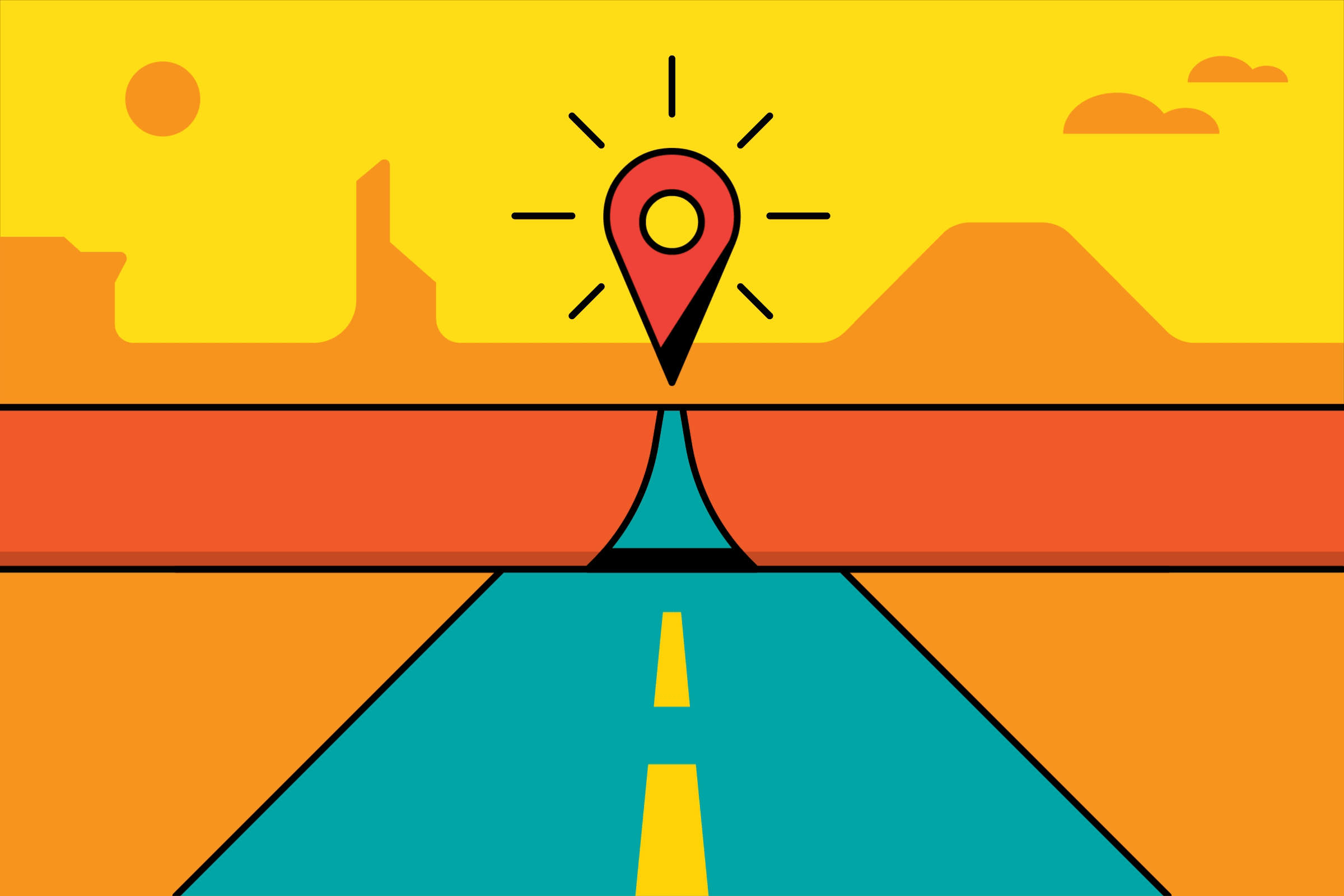Memories of the Good Old Days in the Wild, Wild West
My report of visiting the Gene Autry Western Heritage Museum has stirred memories of the Old West in several readers.
Hudson Fields of El Toro writes that he was only a generation removed from the mythic West and he recalls many details of that life as handed down by his grandfather, a Higgins, Tex., cattle rancher, and an uncle, a lowly cowhand who endured bitter Wyoming winters.
A cowpoke’s most valued possession, Fields says, was his boots. They were hand-fitted and custom-made. “Granddad said he could not walk without them.”
Next came his horse. (It is interesting that boots came before the horse.) The penalty for horse theft was hanging. Was that also the penalty for stealing boots?
Guns were more often used for driving off predatory animals, and for signaling, than for killing men. But perhaps that was so on the range, more than in the towns.
Ranch hands lived in bunkhouses, and passed their time gambling by the light of coal-oil lanterns. A gallon coffeepot was kept hot on a potbelly iron stove. The pocket harmonica was the source of music, not the guitar. Cowhands worked for keep and a few dollars a month.
Doctors were scarce. There were few old-timers who did not walk with a limp because of an improperly set break. Gnarled hands, broken in roping wild cattle, were common.
The cowpoke’s table manners were crude. He ate meat in bits picked from the bone and lifted to the mouth by pocket knife--the same knife that was used for castrating cattle.
A cowpoke was not seasoned until he could roll a cigarette with one hand while riding a horse at a trot. His greatest fear was that his horse would step in a prairie-dog hole and break a leg.
Cowhands had no love for the Comanches and Apaches who scattered their herds and stole their horses. Cattle usually ran wild in unfenced land until they were rounded up and the calves were branded. Ownership of calves was determined by the brands on the cows they followed.
Baths and shaves were the ultimate luxury.
That picture isn’t too far from the cowboy we have come to know from Western movies. In the movies, though, the heroes seem to shave and bathe more often--else how could they get the girl?
Nick Zrinyi was born and raised in Montana “quite a long time ago,” and he remembers that it was still raw and lawless when he was a kid.
He especially remembers the red-light district, a narrow street that he evidently inspected without doing business with its tenants.
“Each prostitute occupied a small, one-room house, and the houses were situated on both sides of the street. Each had a porch where the prostitutes sat in the evenings and tried to solicit customers from the men who walked up and down the street. One of their favorite tricks was to snatch the hat off some man and take it into the house, where the man had to go to ransom it. Naturally, we all held tight to our hats as we walked.”
Zrinyi also remembers the hard lives of the sodbusters who lived on the plains. The land was bleak, the houses were wretched and far apart, and most of the men were heavy drinkers.
“Sometimes they took their wives with them to town and it was the wives’ duty to do the shopping, then collect their husbands, load them in the wagon and take them home.
“The wives never drank. I guess it was because they didn’t have time. Sometimes the men came into town alone, and after they passed out, someone would throw them in the wagon, untie the halter ropes and send them on their way. Usually the horses knew the way home. Fortunately, the horses didn’t drink.”
It is perhaps not a coincidence that Montana produced a politically powerful Women’s Christian Temperance Union, and in 1914, six years before adoption of the 19th Amendment, it became the 11th state to grant its women the vote.
“It was said,” Zrinyi says, “that a large number of these wives went crazy from the loneliness and many also went deaf from the continual wind that blew across the prairies.”
The question is, do our Western movies give a fair picture of the old West? I think they do. I’ve seen John Wayne drunk. I’ve seen John Wayne dirty. I’ve seen John Wayne fall for a good-hearted prostitute. I’ve seen crooked politicians and greedy businessmen. I’ve seen murderous outlaws and dedicated schoolteachers. I’ve seen bad Indians. I’ve seen good Indians. I’ve seen heroic housewives and brave children.
It seems to me it must have been something like that.
More to Read
Sign up for Essential California
The most important California stories and recommendations in your inbox every morning.
You may occasionally receive promotional content from the Los Angeles Times.










